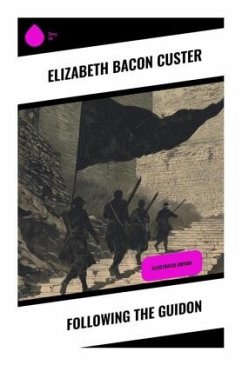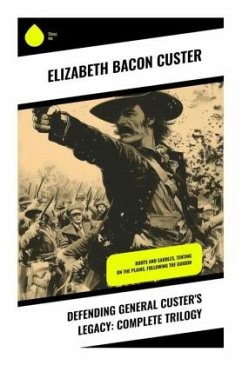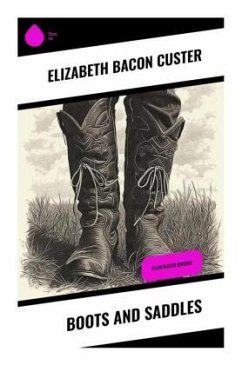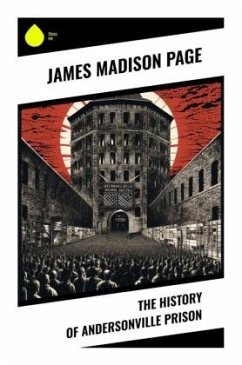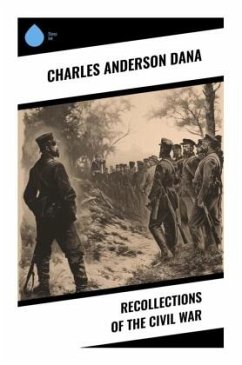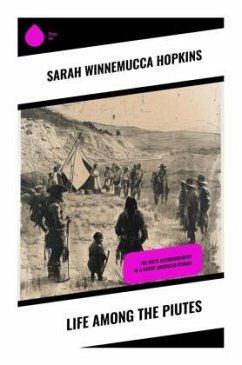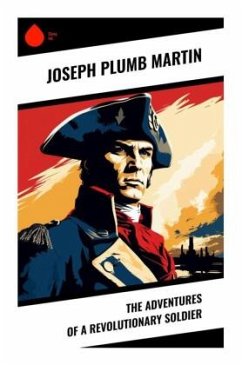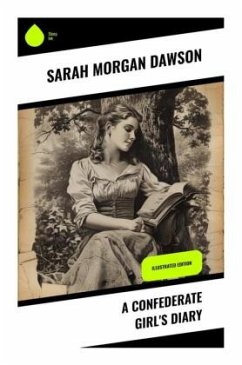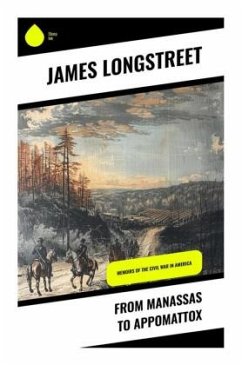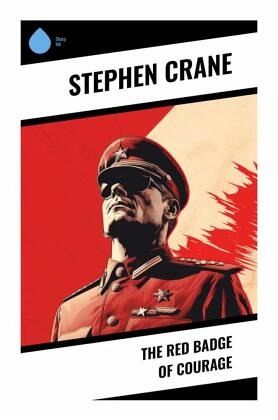
The Red Badge of Courage
Versandkostenfrei!
Versandfertig in 6-10 Tagen
9,20 €
inkl. MwSt.

PAYBACK Punkte
0 °P sammeln!
Stephen Crane's "The Red Badge of Courage" is a seminal work that delves into the psychological turmoil of a young soldier, Henry Fleming, who grapples with the complexities of courage, fear, and manhood amidst the harrowing backdrop of the American Civil War. Through its vivid imagery and realist literary style, Crane eschews romantic notions of war, emphasizing instead the internal struggles faced by an individual confronting the chaotic and brutal reality of battle. The narrative is rich in symbolic meaning, particularly the motif of the "red badge" as both a literal and metaphorical repres...
Stephen Crane's "The Red Badge of Courage" is a seminal work that delves into the psychological turmoil of a young soldier, Henry Fleming, who grapples with the complexities of courage, fear, and manhood amidst the harrowing backdrop of the American Civil War. Through its vivid imagery and realist literary style, Crane eschews romantic notions of war, emphasizing instead the internal struggles faced by an individual confronting the chaotic and brutal reality of battle. The narrative is rich in symbolic meaning, particularly the motif of the "red badge" as both a literal and metaphorical representation of courage and identity. Crane, born in 1871, was influenced by his journalistic background and his own observations of conflict, which profoundly informed his portrayal of the war experience. His personal encounters with soldiers and his interest in the psychological effects of war provided a foundation for crafting this pioneering novel. Written in 1895, during a time of emerging modernist thought, Crane not only captured the horrors of war but also reflected the existential quandaries of his generation. Recommended for readers interested in the intersection of literature and psychology, "The Red Badge of Courage" remains a powerful exploration of human emotion under duress, appealing to those seeking a deeper understanding of the psychological dimensions of conflict.



